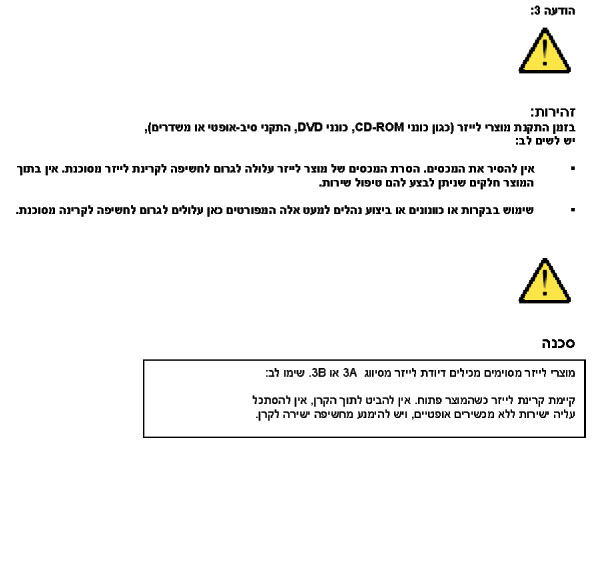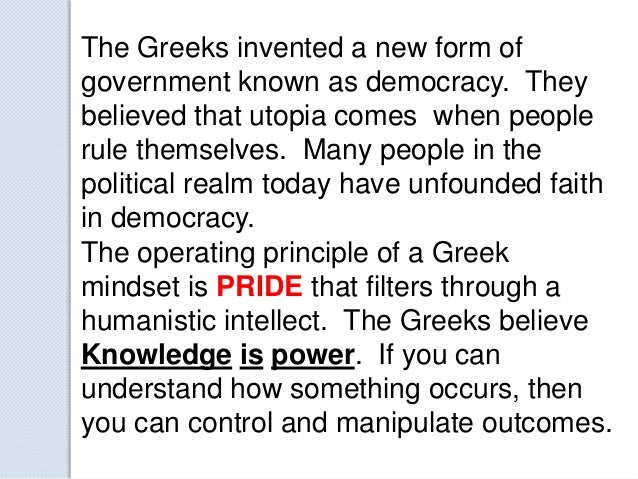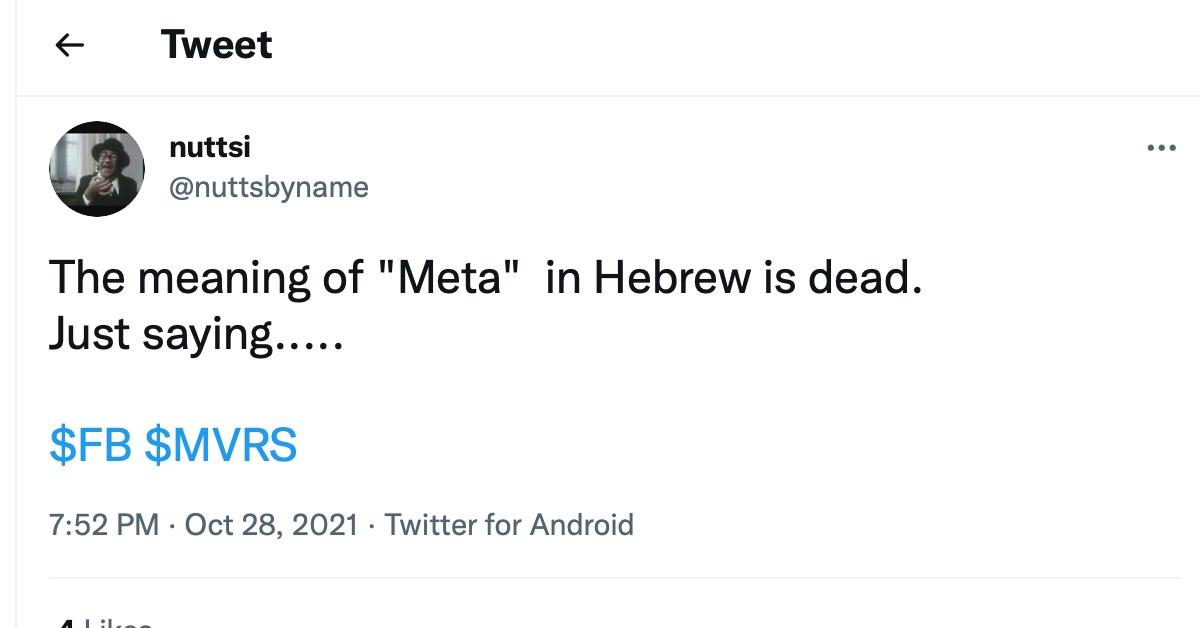

An observer who sees only the selected fruit may thus wrongly conclude that most, or even all, of the tree’s fruit is in a likewise good condition. The picker would be expected to select only the ripest and healthiest fruits. The term is based on the perceived process of harvesting fruit, such as cherries. Cherry picking may be committed intentionally or unintentionally. Wikipedia has an entry that describes the practice:Ĭherry picking, suppressing evidence, or the fallacy of incomplete evidence is the act of pointing to individual cases or data that seem to confirm a particular position while ignoring a significant portion of related and similar cases or data that may contradict that position. In the past, I have described such cherry-picking in terms of Godwin’s law for applying lessons from the Holocaust ( January 19, 2021), the economic risks of climate change ( December 24, 2019), and who is to blame for climate change ( June 20, 2017). It is unavoidable that all of us: teachers, students, and readers, cherry-pick details and data that will enforce some of our biases. This is probably more important for my students than my readers because they are dependent on my grading and often need recommendation letters to facilitate their entry into other parts of life. When I present to my classes and this blog, I am in a position of some authority, so my biases hold some weight. Some of these are shared biases, some are our own and come from our life experiences (see the November 21– 28 2017 blogs on “Collective Irrationality and Individual Biases”).

The first thing that I am trying to share with you and my students is that while all of us are part of a collective reality, we each have biases that shape our own perception of reality. I am trying to teach basic principles that will stay with the students (and everybody else) throughout all of these transitions and thus facilitate their adaptation to changes in their respective realities.

The other two are projected to grow throughout the lifetime of my students (the “end of now” in my book on climate change). One of these transitions, the COVID pandemic, is short-lived, with an end in sight (hopefully). In both my teaching and my writing, my main objective is to help my students and readers make sense of the science that drives these transitions, using language that overcomes the need for prerequisites like traditional science courses. I have been using this blog to describe the three global transitions that we are now going through: the pandemic, climate change, and the shrinking global population. In these courses, I use reality to construct my syllabi. I am paying attention.Īs I have often mentioned on this blog, I teach three courses at the undergraduate level: one on cosmology and two that focus on climate change.

However, according to the Oxford Learner’s Dictionary, meta is an adjective: “(of a film, work of literature, art, etc.) showing awareness of itself or its genre.” Its synonym is “ self-referential.” In this context, the company presents itself as a self-referential communicator of reality. Following this line of thinking, Facebook chose to describe itself as a dead female company. In Hebrew, “meta” refers to a dead female. While I was not born there, I grew up in Israel, so Hebrew is my “native” language. A recent announcement from Facebook informed us all that “Connection is evolving so are we … welcome to Meta.”


 0 kommentar(er)
0 kommentar(er)
